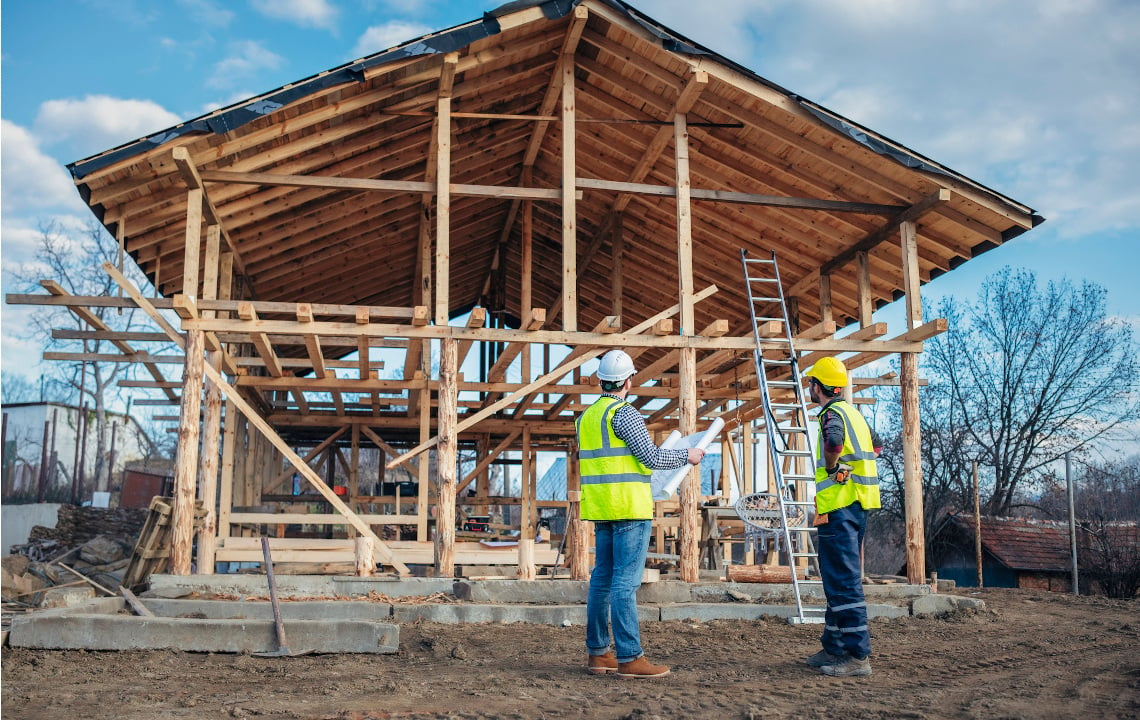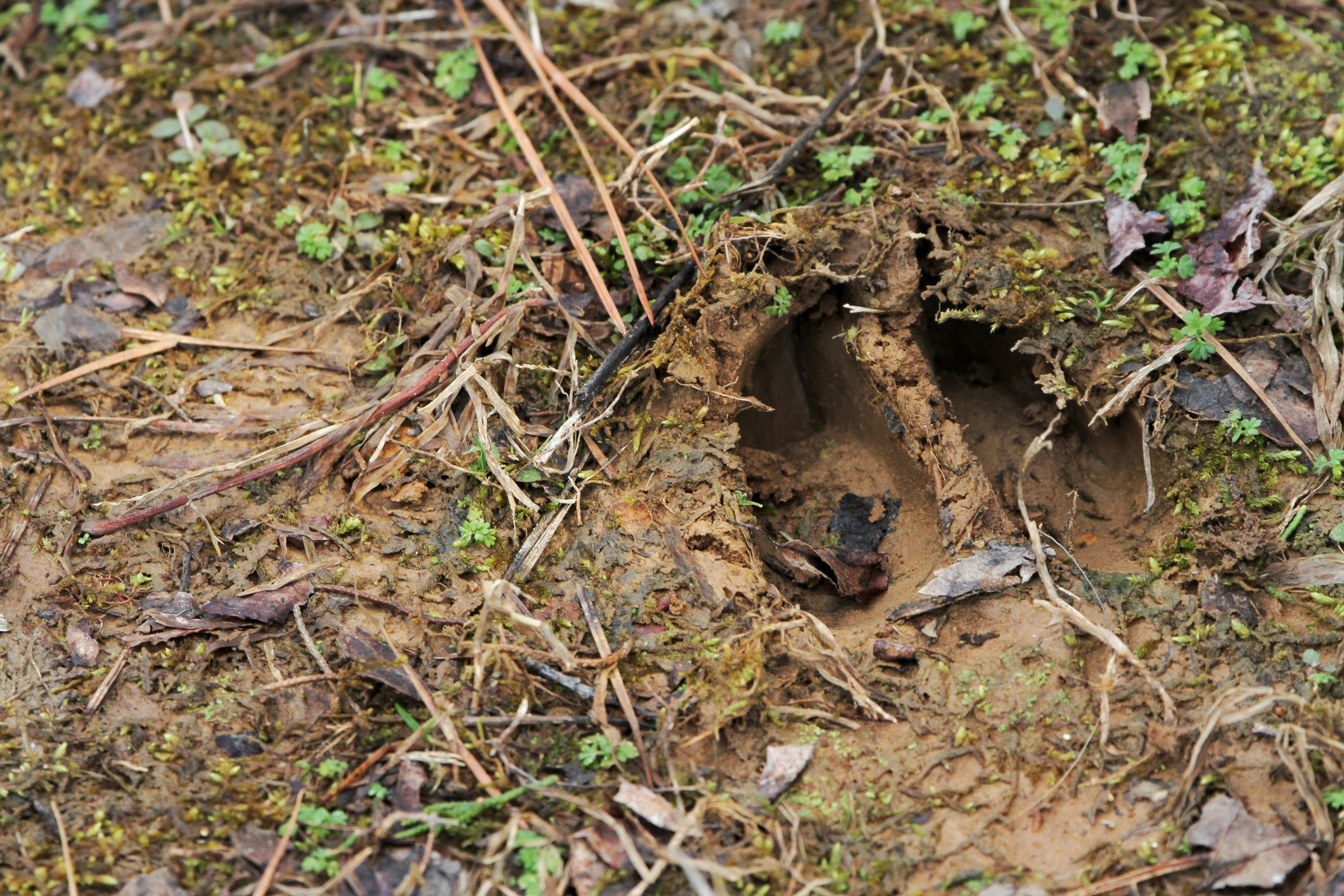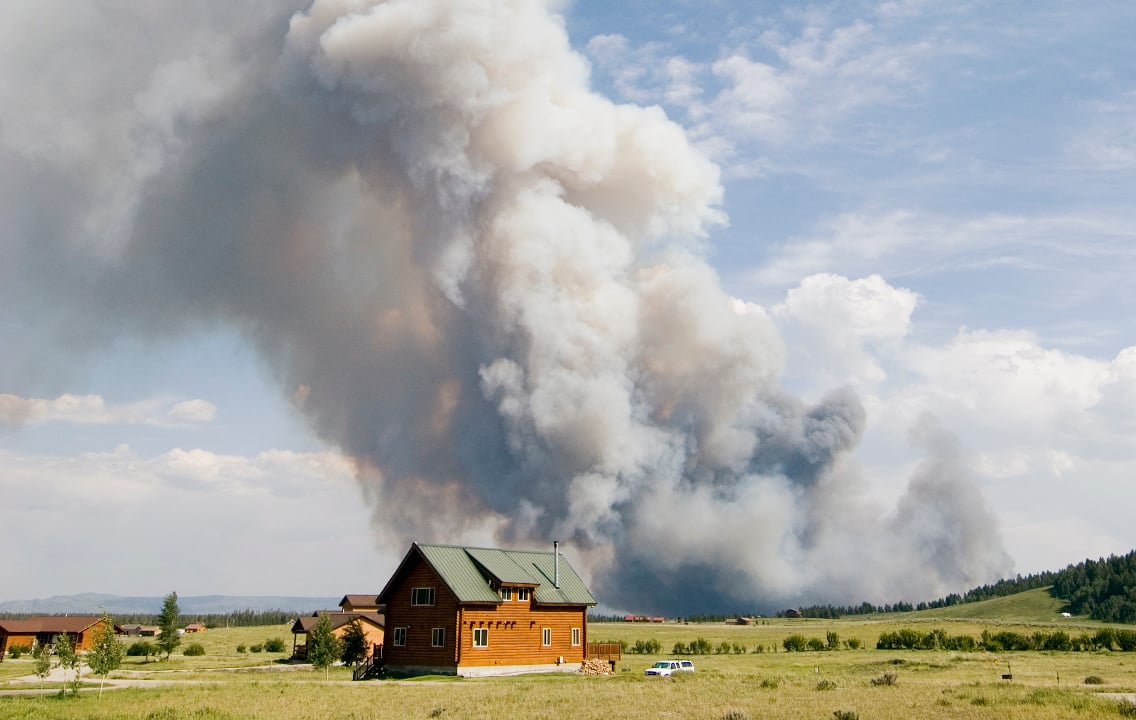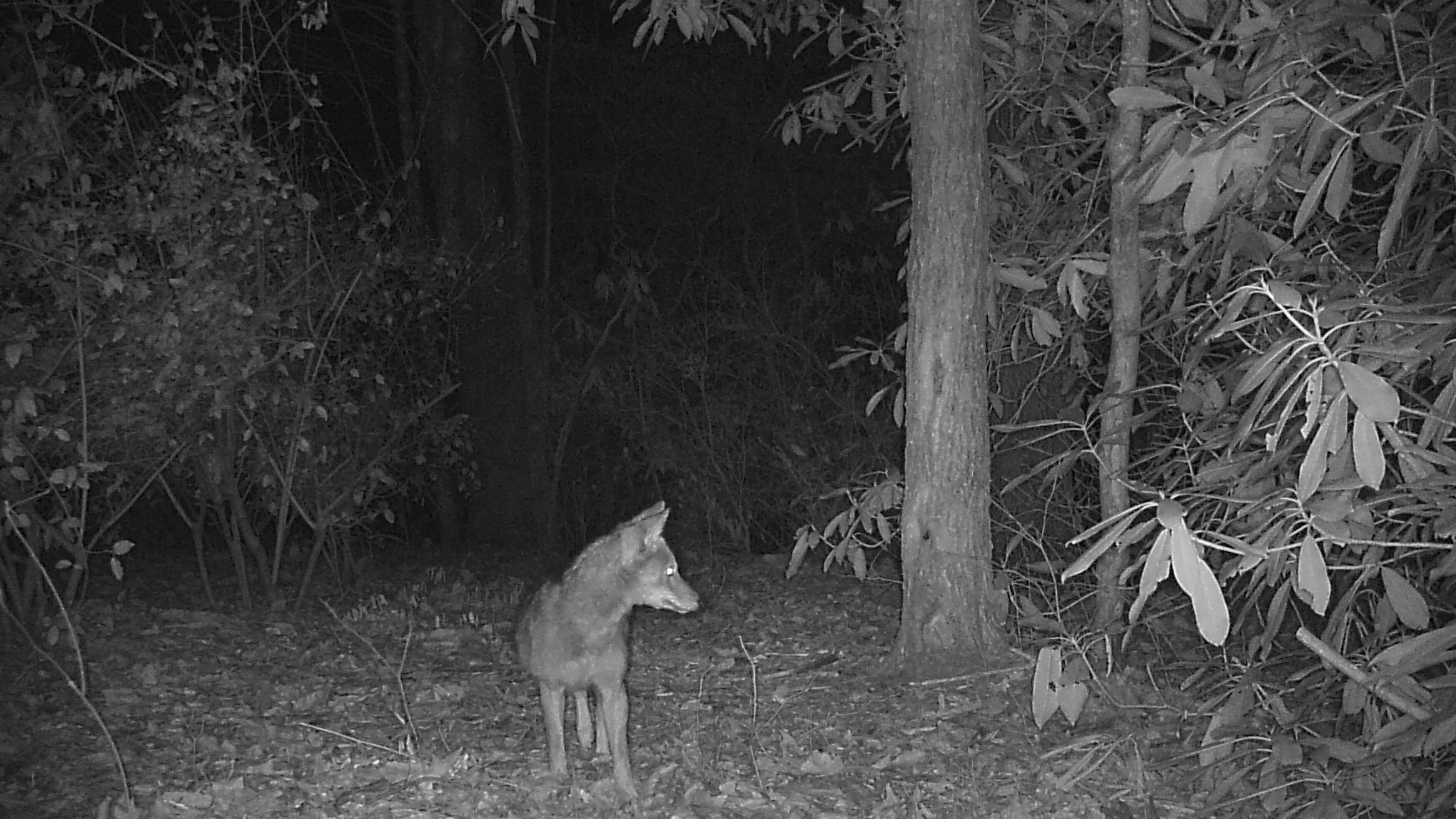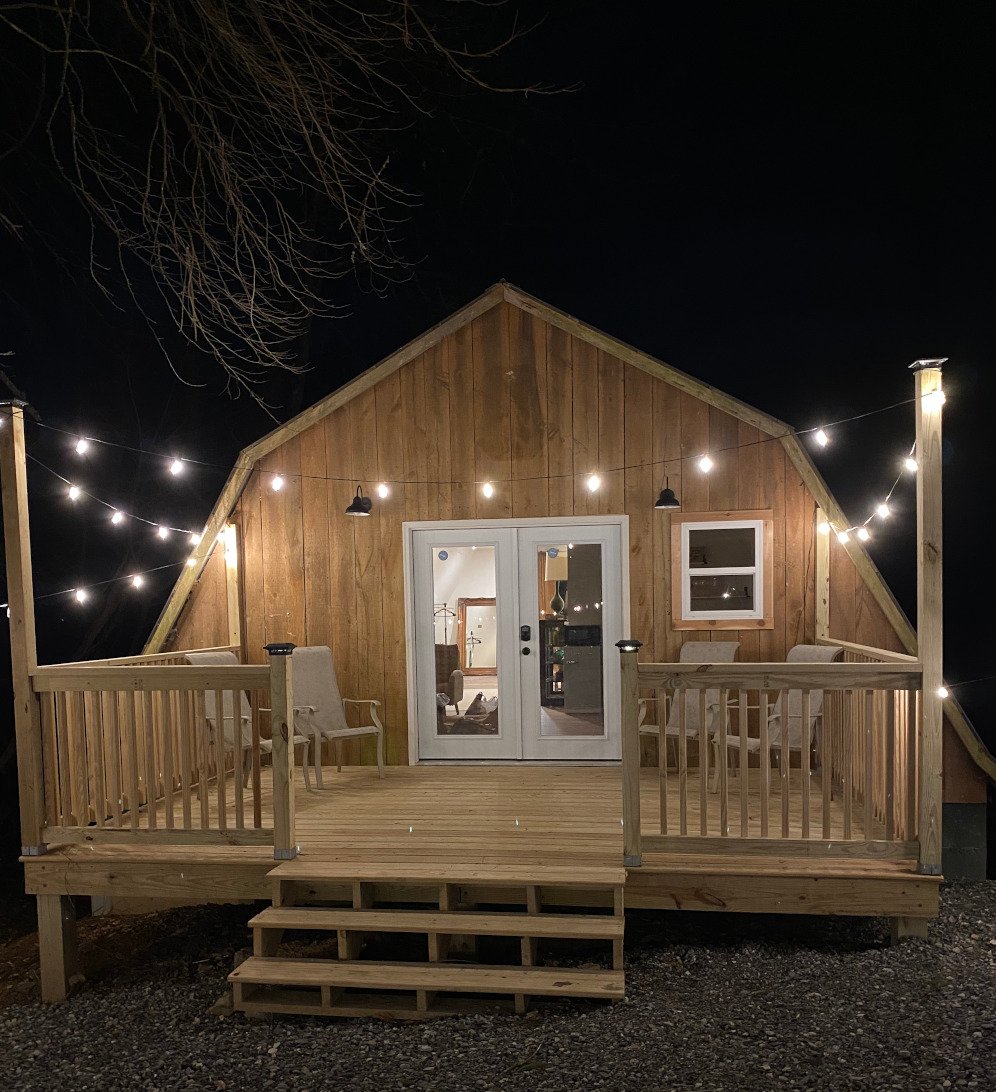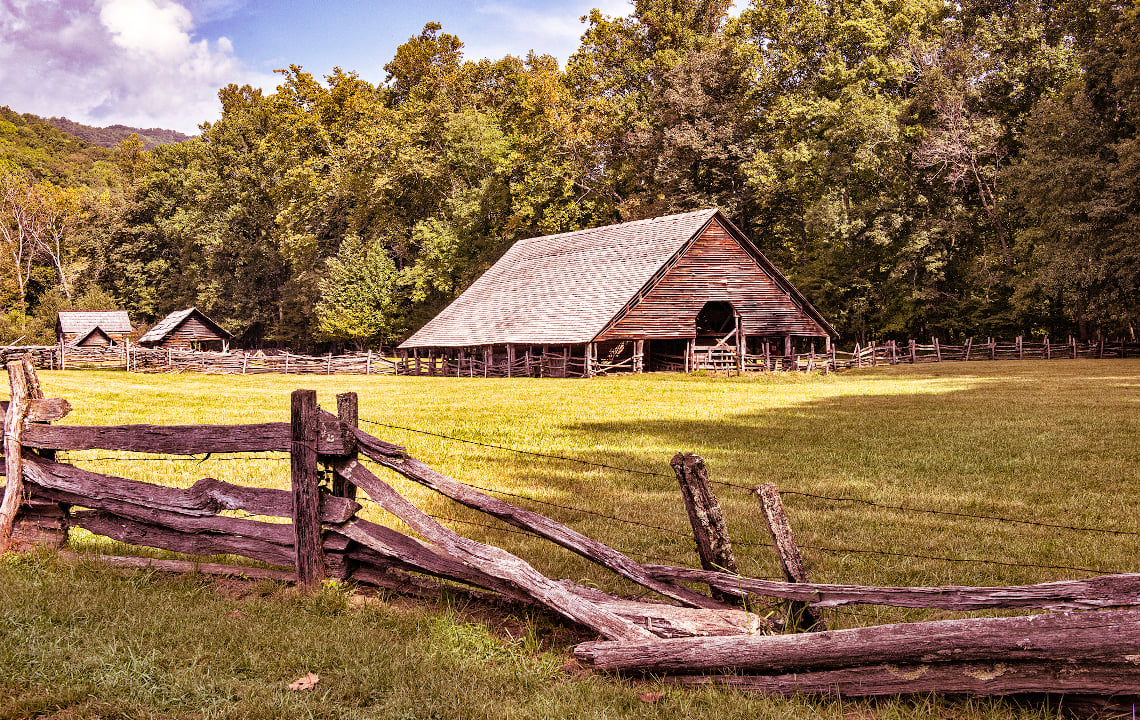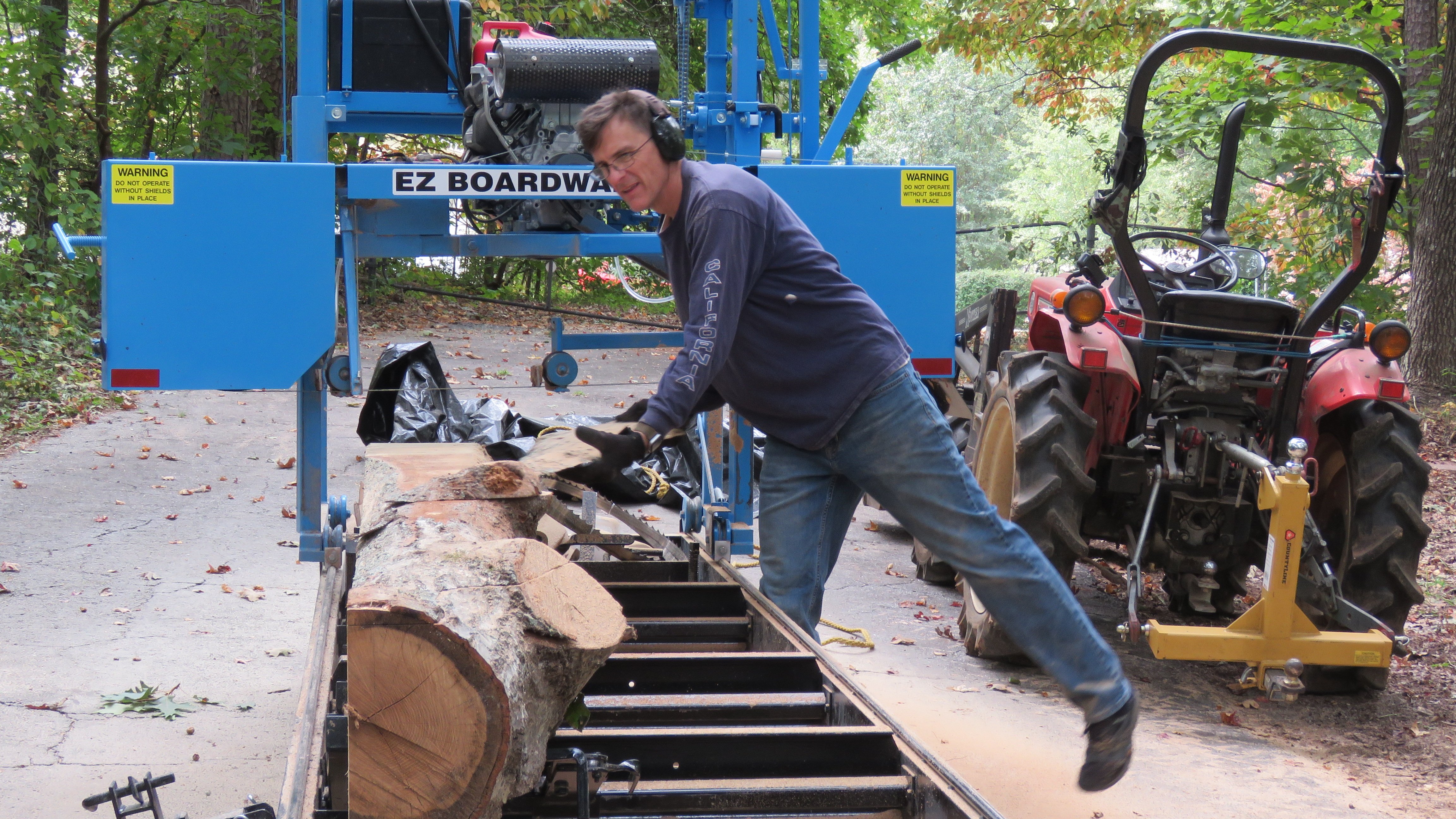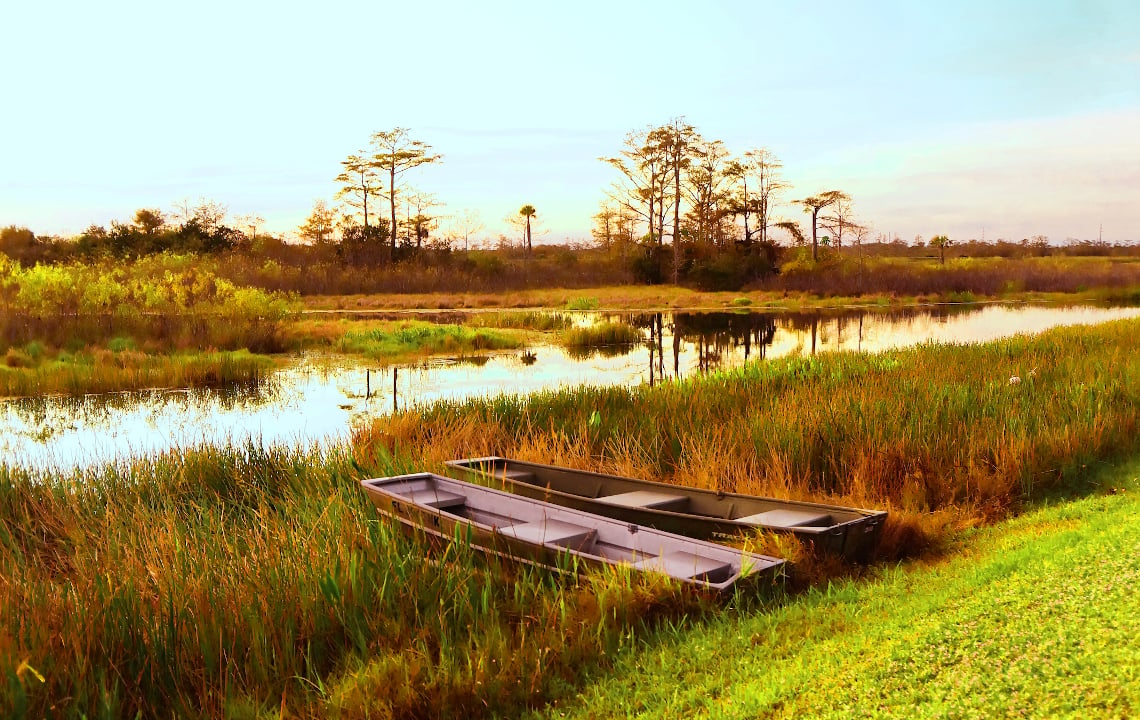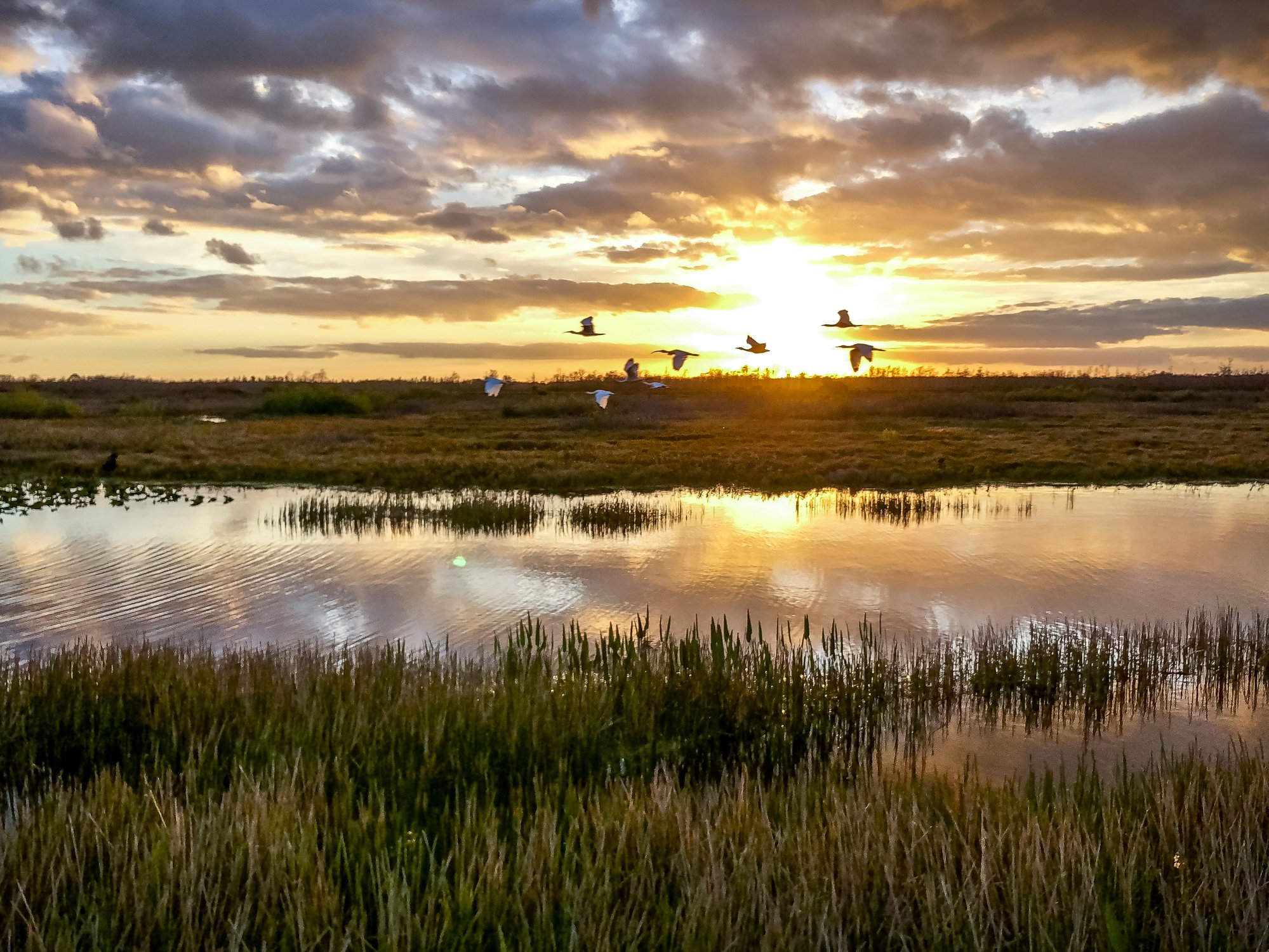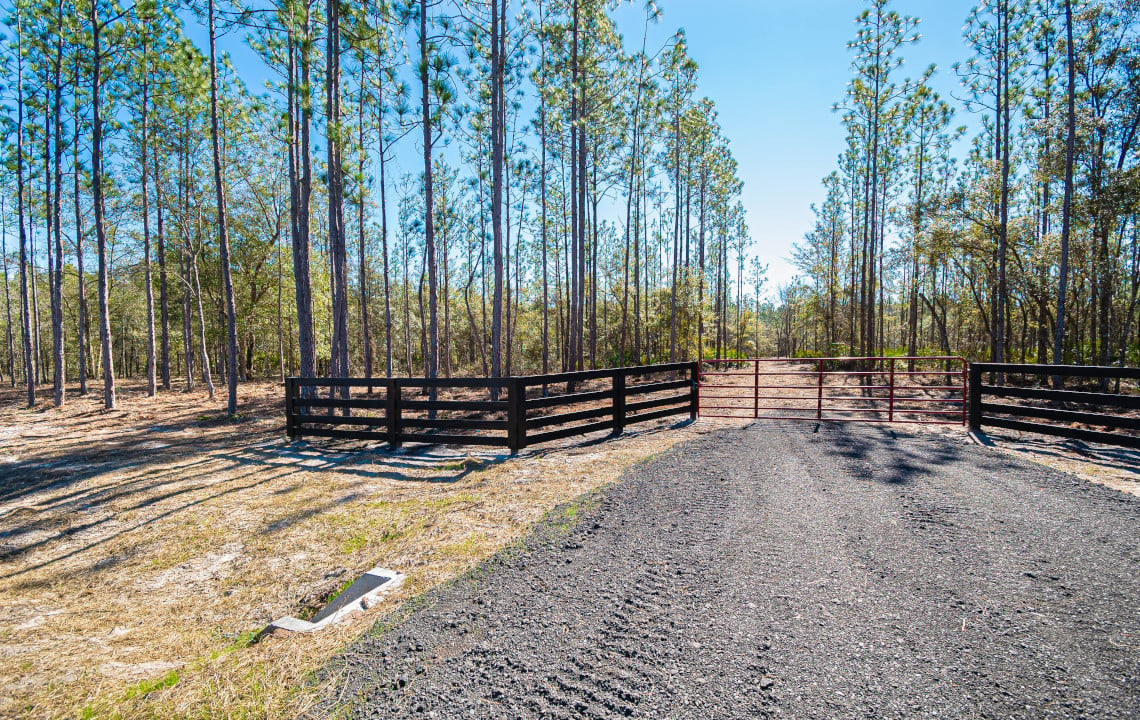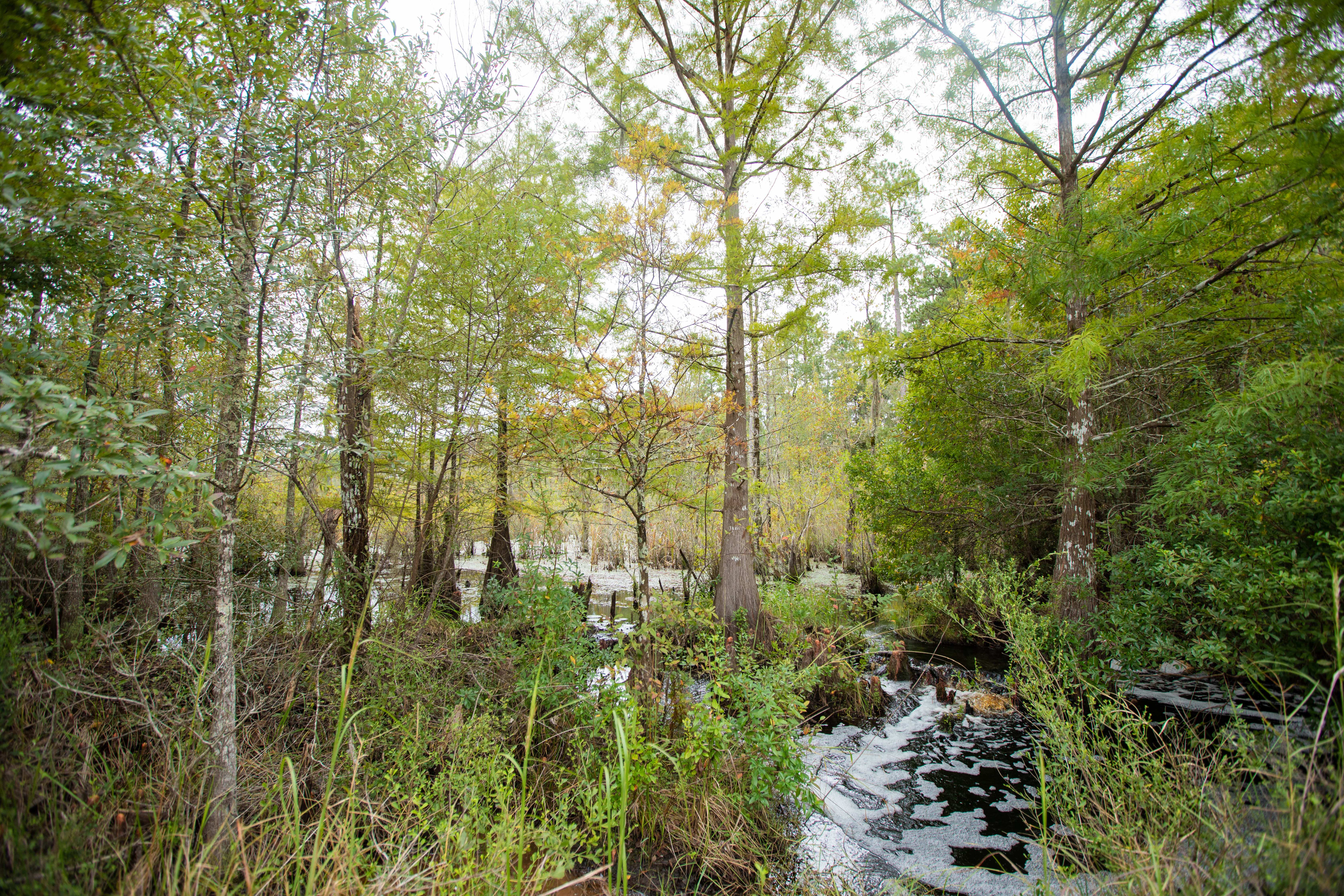Whether you have vacant land hosting a single turbine or limited land space after installing a turbine, don’t let that land go to waste.
More and more landowners are leasing a portion of their land to be used for wind turbines. But does hosting a turbine mean your land is off limits until the lease runs out? Not at all!
Today, we're looking at the many ways you can use your land while hosting a wind turbine.
Is Hosting a Wind Turbine Even Worth It?
Whether you have a big chunk of vacant land or you are a farmer, hosting a wind turbine is a significant commitment. However, the profits are often worth it. Per Windustry, you can earn $4,000 to $8,000 per-turbine, and the larger tubines yield even higher profit margins.
Most contracts offer a fixed annual rate, while some have a percentage of gross revenue. If you earn a percentage, access wind generation records and turbine productivity rates to ensure those profits are calculated accurately.
Clearly, hosting a turbine is powerful stuff, but what are your options for the land around your turbine? And just how much land do you need for a wind turbine operation? The conventional wind turbine farm uses very little land, and not much of your vacant lot is taken out of production. All you need is space for the footprint of the turbine’s tower and an access road, which is approximately a half-acre per-turbine.
7 Brilliant Business Ideas for Vacant Land Hosting a Turbine
Here are 7 ideas to put the rest of your land to use while hosting a wind turbine on your property:
1. Lease the Space to Solar, Cell, and Wind Companies
You are already utilizing your land for wind turbines, so why not rent the remaining land to a solar firm or offer other wind companies the opportunity to place turbines on your property?
 Solar farms are renewable sources of energy that can be as big or as small as you want. If you have limited space, look for a small utility solar farm company that leases parcels as small as 20 acres.
Solar farms are renewable sources of energy that can be as big or as small as you want. If you have limited space, look for a small utility solar farm company that leases parcels as small as 20 acres.
2. Create a Campsite and Rent it Out
Is your land near an urban area, a picturesque park or a high-demand vacation area?
If so, you can turn part of your vacant land into a campsite open for rent.
Infrastructure is required when creating a campsite.
For starters, you must go through your state’s Department of Environmental Protection for sewage and electrical requirements. You might need to move gas lines and install access roads. Also, see if there are any permit requirements to build and rent out your land as a campsite because these rules vary depending on the state.
For inspiration on just how attractive your campsite could be, check out Rethink:Rural's review of 10 of the South's Best Glamping Destinations.
3. Embrace the Art of Farming Worms and Snails
When searching for business ideas for vacant land, the last thing on your mind is worms and snails. However, there is money in snail and worm farming — quite a bit of money.
Snail farms can sell to gardeners, feed companies, and herbal medicine manufacturers.
Even better, your little snail group requires little investment capital, it is eco-friendly, and the mortality rate for the little guys is quite small — so no need to worry about your investment dying off. All you need is a weighing scale, watering can, a trough, and a few gardening materials that you likely already have in your shed, and you’re on your way to snail riches.
Worms are another good option. Earthworms, in particular, are a big hit for gardeners and local farmers. Those squiggly little worms you probably played with as a kid can increase crop productivity and boost natural compost. The more worms you produce in bulk, the more farmers you will have knocking at your door to buy. Even better, your worm farm can turn into a compost bed — so you not only improve crops elsewhere, but limit what you put in landfills, yourself.
Getting started with a worm farm takes about one pound of worms, plastic bins, and the essential components of a compost bin.

4. Generate Cash in the Summer with a Premier Wedding Venue
If the idea of selling worms or filling your vacant land with solar panels is not ideal, you might be interested in wedding venues.
Brides are always looking for fun, hip (and did we mention cheap?) locations outdoors.
Rent your land for weddings and just include the land only. You can require couples to bring their party tents to save the hassle, or you can partner with a local tent company to offer an all-in-one package deal.
5. Setup a Designated Hunting Ground
Leasing hunting rights to your huntable land generates a significant revenue stream. Luckily, there are websites out there that let you list your private land and lease it for hunting without interfering with your turbines.
Naturally, you must consult your local department of wildlife and parks for all hunting lease requirements. Some states have leasing regulations in place while others allow landowners to lease out for hunting at their will.
6. Grow Mushrooms and Flex that Green Thumb
Whether you want to grow gourmet fungi for consumption or mushrooms for medicinal use, there is money in private mushroom farms.
Even better, the startup costs for your mushroom farm are quite minuscule once you consider the profits. A single, 144-foot crop yields up to 3600 pounds of oyster or shiitake mushrooms per year. Selling your produce at the retail price of $12 per pound or wholesale of $6 per pound could earn you a potential $30,000 in income for one crop.
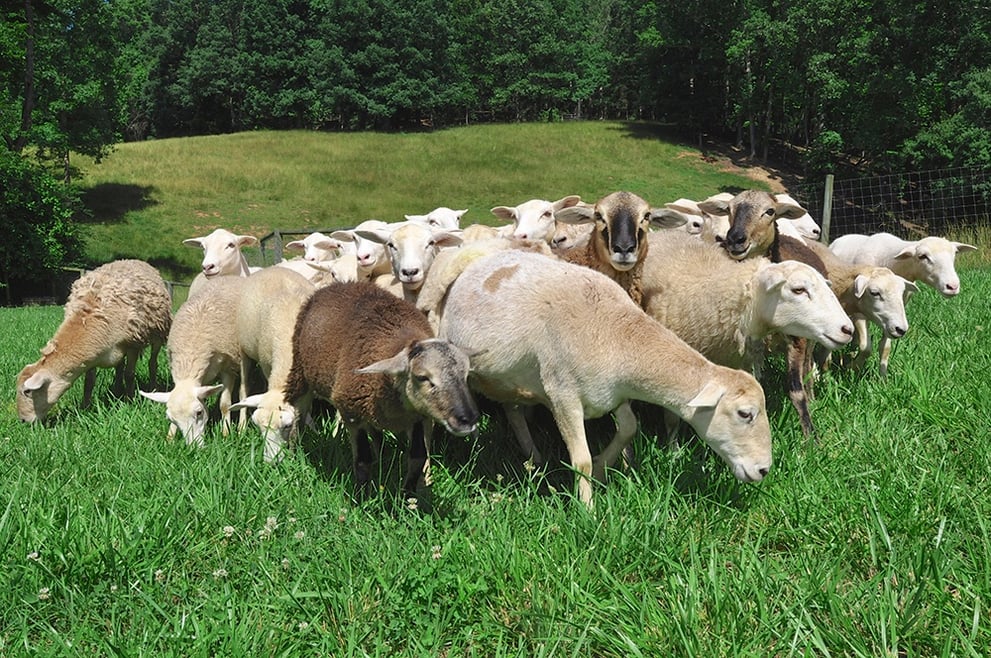
7. Breeding Domestic Animals for Profit
Breeding domestic animals, whether cats, dogs, or prized sheep, could generate an outstanding amount of revenue.
Naturally, there are some laws and regulations for breeding any domestic animal, and the USDA along with the Animal Welfare Act govern how breeding facilities are set up. Once you get the legal issues out of the way, you can start breeding and selling your pure breeds for a high profit.
What will you do with your land?
Now that you know the myriad of business ideas for your vacant land, where will you go from here?
Depending on the acreage, you could diversify your business ideas and pick a few options from this list to increase passive income on your land.
Pairing up services with products is always a savvy way to maximize your return and get more income from your land.
For more business ideas for vacant land, read Rethink:Rural's article, How Investing in Land Pays Off.





